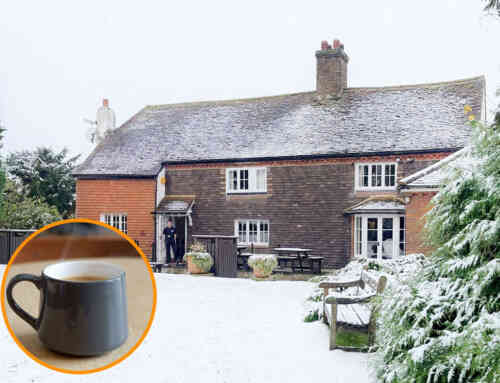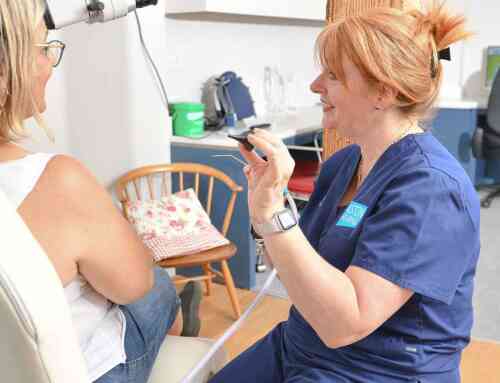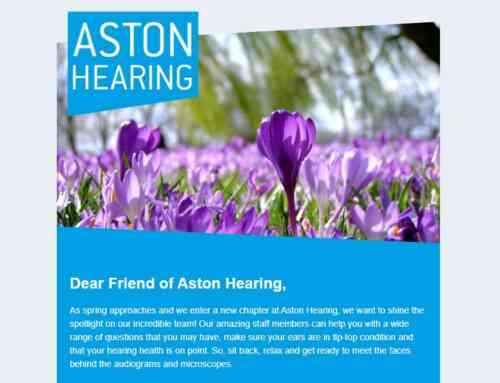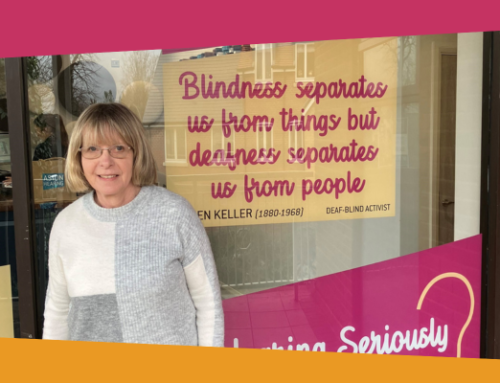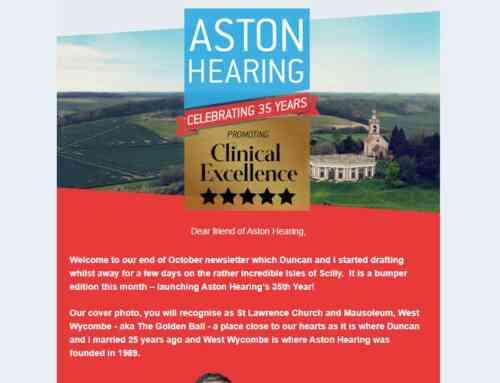Your Hearing – A Very Valuable Commodity
It is essential for everyone to take care of their ears and hearing as damage to the auditory system could be irreparable. However, if you have hearing loss it is especially important to preserve and protect your remaining hearing as communicating freely with others is vital.
As hearing loss generally occurs gradually, many people don’t notice the subtle decline until friends or family members point it out. Our brains are very good at filling in the gaps through a combination of lip reading and knowing the context of the conversation, hence hearing loss often goes unnoticed.
Hearing is delicate and susceptible to damage, even from everyday activities and environments. In this article we would like to highlight some risk areas which are not necessarily obvious when considering hearing protection and share some helpful tips to minimise damage wherever possible.
Whatever level of hearing you have it is crucial to do everything you can to preserve it.
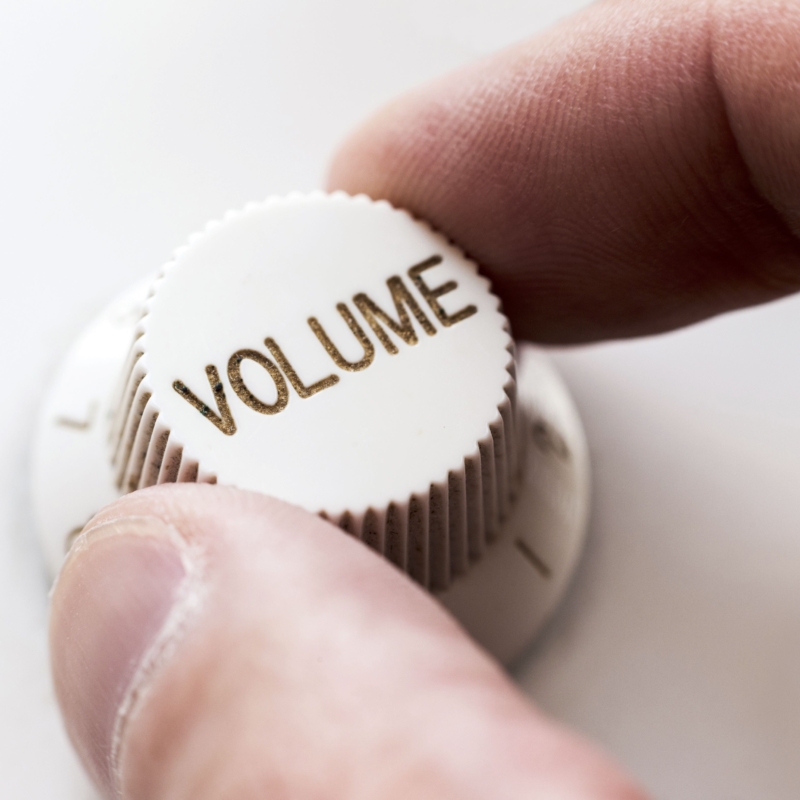
Here are some top tips:
- Don’t stand too close to loudspeakers, especially in an environment where you have no control over the volume.
- Become familiar with the decibel levels of common everyday activities such as mowing the lawn or blow drying your hair.
- Acoustically optimise your house to absorb sound – consider soft furnishings, carpets and curtains, particularly in kitchen areas where noise levels can soon become high and make listening environments a challenge.
- Be aware of car noise and how this affects how loud you set your car stereo. Spend some time setting the balance of your speakers to allow you to get the best listening environment.
- DIY – if you are taking on a DIY project be aware of the noise levels of power tools such as drills, hammers, circular saws etc. Consider noise protection.
- Certain large events can be noisy and push the boundaries of safe listening levels. These include air-shows, firework displays, music events and football matches. You don’t have to miss out on the fun but perhaps consider downloading a sound level meter app onto your smartphone. These are often free, and you can keep them handy to measure the noise levels of any sound environment you are exposed to and the amount of time you are in that environment. A slight increase in volume, once over 90 decibels, can drastically reduce the length of time you can be in that sound environment safely. Consider noise protection.
- Invest in custom plugs for greater noise protection.
- Gardening jobs can include very noisy equipment such as mowers, leaf blowers, strimmers and chainsaws. Also, be aware of debris/seeds etc that could settle in your ear canals and cause irritation and infection.
- Don’t poke anything in your ear canal – ever!
- Ensure your GP is aware if you have hearing loss, and this is featured on your medical records. It is especially important to remember this when you are prescribed any medicines – ask your GP to check that they are not ototoxic (toxic to the ear).
- Find a local audiologist that you trust and book an appointment to have your hearing checked annually. Work with them to keep your ears healthy and free of wax.
- Avoid getting water into your ears if you swim regularly in cold water or rough seas by investing in custom swim plugs.
- Be vigilant of any change in your hearing or existing tinnitus symptoms and ask your audiologist for advice if you have any concerns.

